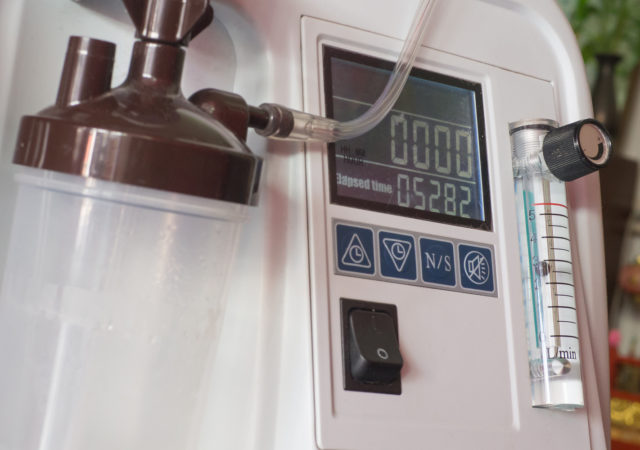At one time, vehicles like the Toyota Rav4, Ford Escape, and Honda CR-V were referred to as station wagons. Today, they’ve been given the cooler sounding ‘crossover’ category name. These vehicles are a mix of an SUV and a car. But they’re probably more car than SUV because they’re meant to travel on proper roads and move people. They’re not meant as workhorses and not intended to tow thousands of pounds or even go rock crawling far away from civilization.
Yet, if a CR-V is equipped with a four-wheel-drive system, its classification changes to non-passenger vehicle or truck. The two-wheel-drive version remains a passenger vehicle or car according to federal fuel efficiency standards and global warming pollution standards. Yes, you’re right, that makes no sense at all.
Different Standards Make for Easy Manipulation
Cars and trucks, logically, are treated separately according to current and proposed standards. It makes sense because real trucks are made to do a lot of work like tow weight, haul gravel or construction material, and travel off-road extensively. They have powerful engines that may not be very fuel-efficient. But crossovers with 4WD get placed in the same standards, and they obviously fare far better when compared to the oil and fuel savings and emission standards of trucks.
Random Regulations Cause Funny Results
The CR-V’s 2WD version is 2-3% more efficient than the CR-V’s 4WD version. When both versions of the Ford Escape were compared, the results were similar. Now the 4WD Honda CR-V classified as a truck has a 16% higher fuel consumption target than the 2WD version of the vehicle because this one’s a car. This means car manufacturers could find it better to sell 4WD versions of their cars because it would be easier for them to meet less stringent regulatory standards. This means that people who want a 2WD crossover won’t get one and will have to pay for the 4WD version. They’ll also pay more for gas and pollute more. Car manufacturers can easily game the system and drive away with their profits thanks to the loophole in the system.
The time has come to change the definition of cars and trucks. The loopholes need to be plugged, and carmakers need to be held to higher standards.








